A Look Inside the Wealthiest Presidential Cabinet in U.S. History
Donald Trump’s second administration has set a new record for wealth in Washington. His lineup of appointees includes financiers, real estate moguls, and corporate heavyweights whose combined fortunes run into the hundreds of billions. This is the most financially loaded cabinet in U.S. history, a collection of power brokers whose private-sector success now carries into public office.
Linda McMahon – $3.2 Billion – Education Secretary
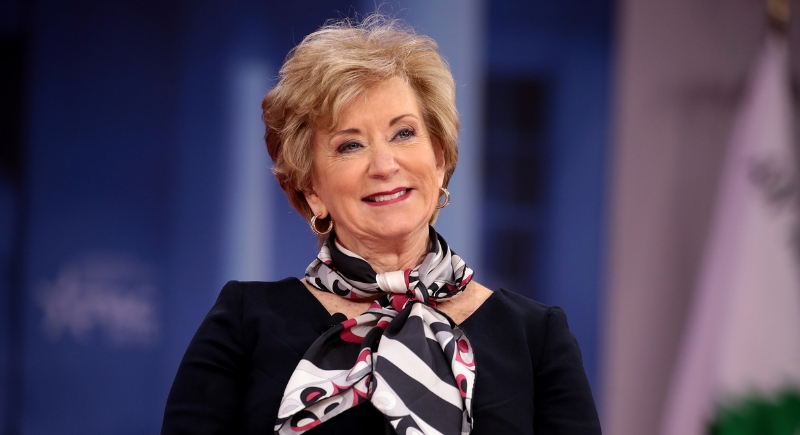
Credit: Wikimedia Commons
Linda McMahon’s transition from wrestling to education policy wasn’t exactly expected. She shares a multi-billion-dollar fortune with her former husband, Vince McMahon. Though she headed the Small Business Administration in Trump’s first term, critics questioned her credentials for overseeing schools.
Leandro Rizzuto Jr. – Est. $3.5 Billion – Ambassador to the Organization of American States
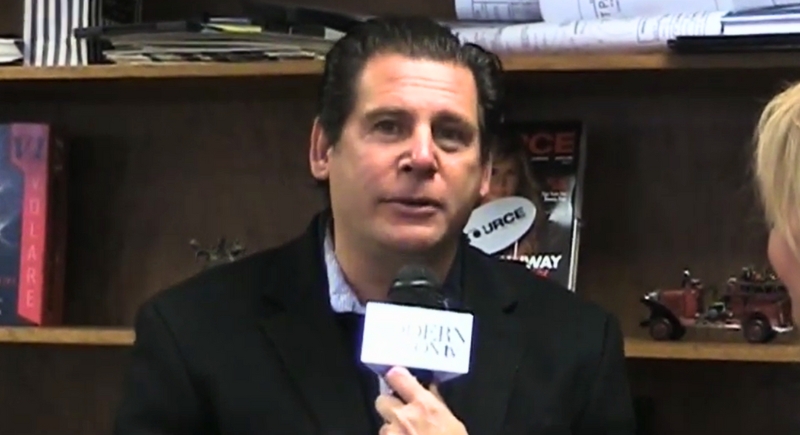
Credit: Youtube
Rizzuto helped turn Conair from a modest family venture into a significant global player in personal grooming products. The hair dryer empire has kept him near the top of the billionaire list. Trump nominated him to a diplomatic post after a failed earlier attempt to place him in Barbados.
Warren Stephens – $3.5 Billion – Ambassador to the United Kingdom
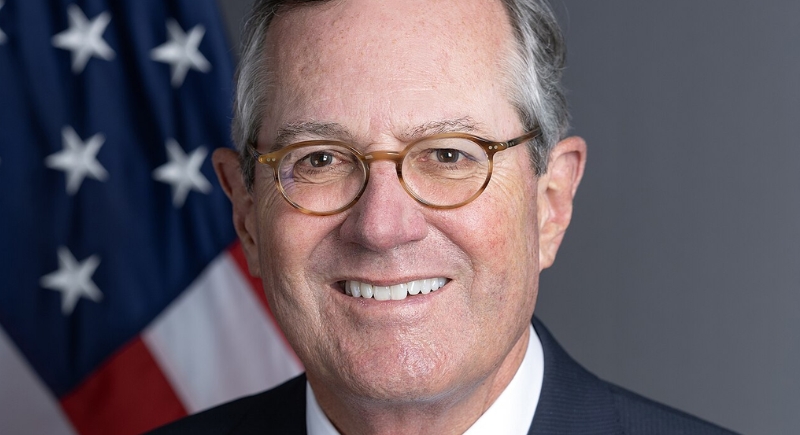
Credit: Wikimedia Commons
Worth about $3.5 billion, he once tried to block Trump’s rise but eventually switched sides. Warren Stephens runs an investment bank in Little Rock, Arkansas, and his financial clout comes from decades in the business. He now represents the U.S. in London.
Howard Lutnick – Est. $2 Billion – Commerce Secretary
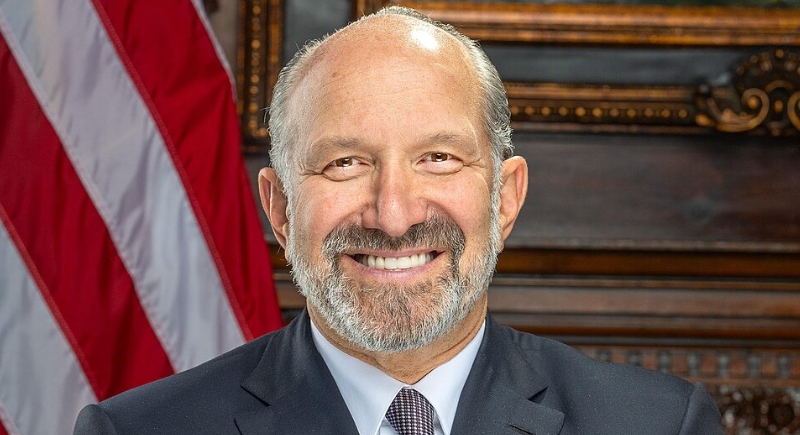
Credit: Wikimedia Commons
Since taking over Cantor Fitzgerald, Lutnich has rebuilt and expanded it into a powerful financial institution. His connection to Trump goes back to campaign financing and transition planning. He steps in as commerce secretary with decades of Wall Street experience and a reputation for tough dealings in finance and trade.
Steven Witkoff – Est. $2 Billion – Special Envoy to the Middle East
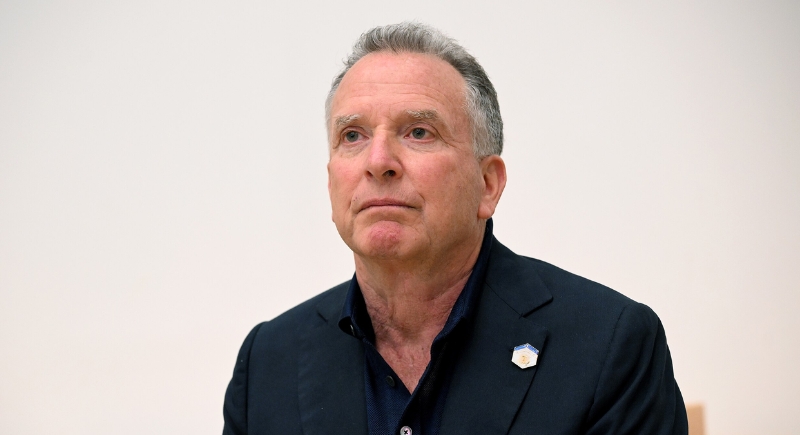
Credit: Wikimedia Commons
Though he lacks foreign policy experience, Witkoff was chosen as special envoy to the Middle East. A longtime New York real estate player, he became close to Trump decades ago. They golf together and move in overlapping circles. His estimated fortune came from property deals and development.
Charles Kushner – Est. $1.8 Billion – Ambassador to France
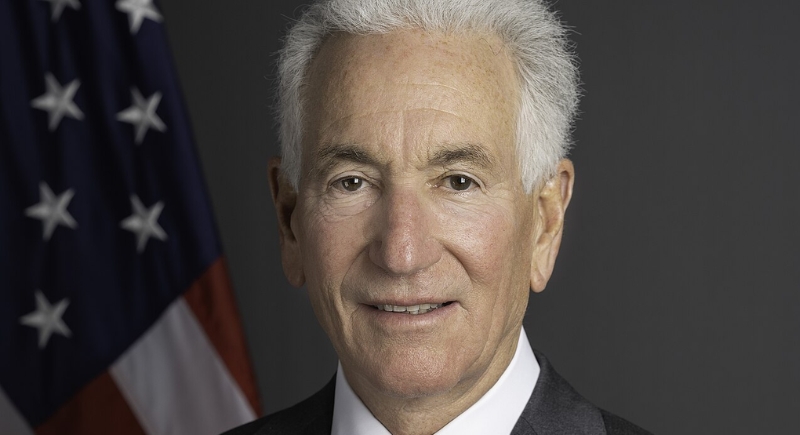
Credit: Wikimedia Commons
Charles Kushner isn’t new to headlines. He once served time for tax issues and witness tampering involving his family. That history didn’t stop Trump from naming him ambassador to France. A real estate investor with assets topping $1.8 billion, Kushner is also the father of Jared Kushner, Ivanka Trump’s husband.
Frank Bisignano – Est. $900 Million – Social Security Administration Commissioner
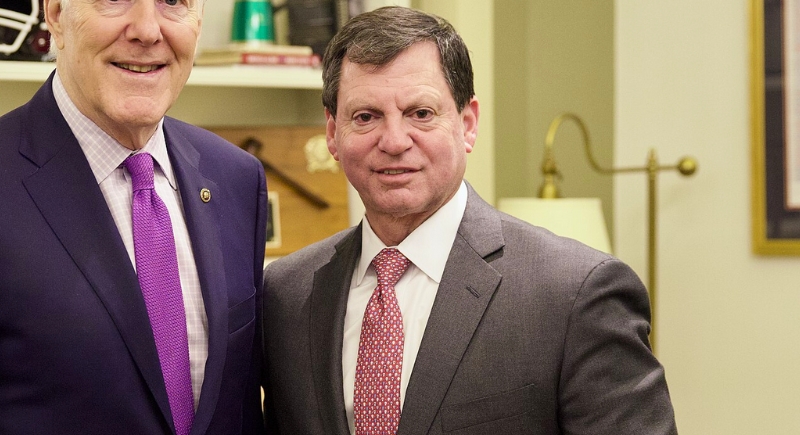
Credit: Wikimedia Commons
Frank Bisignano helped steer JPMorgan through the 2008 financial crisis, then took the reins at First Data. He later became CEO of Fiserv, a financial tech company. In 2017, his compensation alone hit $100 million. He’s in charge of Social Security—a surprising match given his Wall Street background.
Scott Bessent – Est. $600 Million – Treasury Secretary
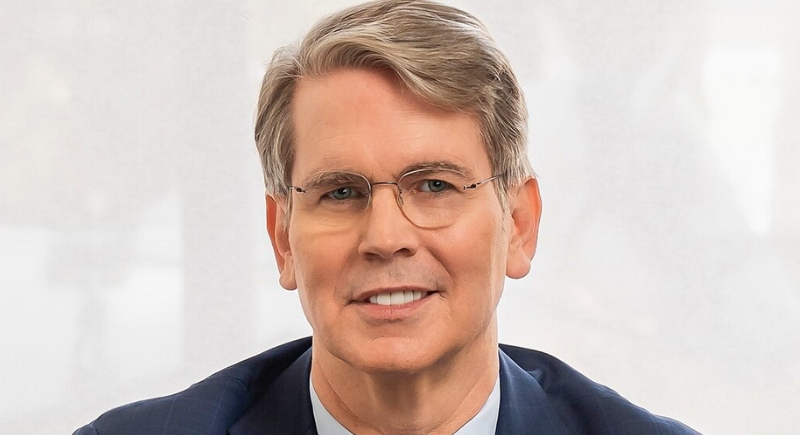
Credit: Wikimedia Commons
During Trump’s campaign, he acted as a major fundraiser and behind-the-scenes adviser. Though his Wall Street ties run deep, he’s also known for occasional maverick calls, making him a fitting pick for Treasury Secretary. Bessent made billions betting against currencies for George Soros before founding his own hedge fund.
Kelly Loeffler – Est. $1 Billion – Small Business Administration Administrator
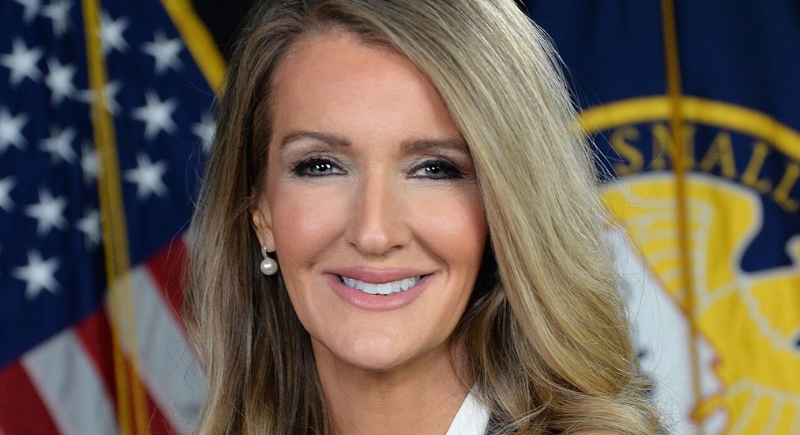
Credit: Wikimedia Commons
Loeffler, once a U.S. senator from Georgia, made her fortune in crypto and financial exchanges. She’s back in Washington as head of the SBA. Her last political chapter ended in defeat, but her loyalty to Trump earned her a spot in this second-round lineup.
Thomas Barrack Jr. – $1 Billion – Ambassador to Turkey
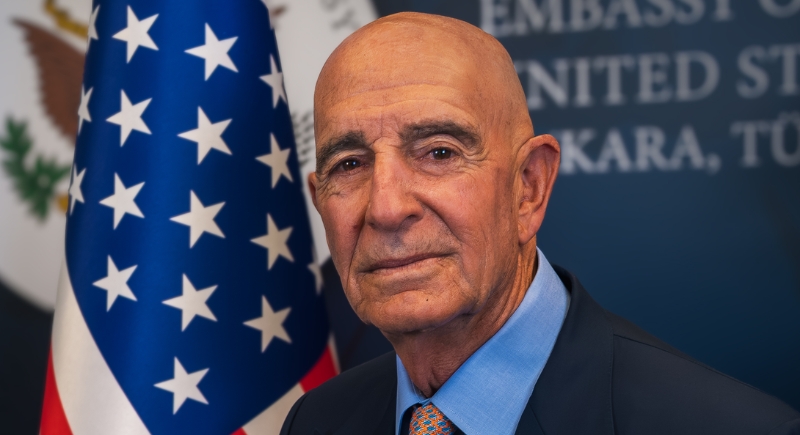
Credit: Wikimedia Commons
Appointing Barrack ambassador to Turkey puts him on the global stage again—something he’s likely more comfortable with than traditional diplomats. He founded Colony Capital, now DigitalBridge Group, managing billions in assets. He is a long-time Trump ally and chaired Trump’s 2017 inaugural committee.
Doug Burgum – Est. $400 Million – Interior Secretary
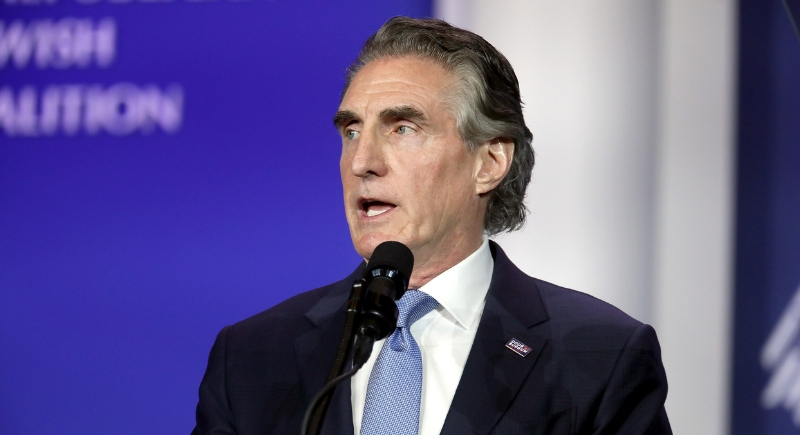
Credit: Wikimedia Commons
North Dakota’s former governor, Burgum, built and sold a software company to Microsoft for $1.1 billion. He then transitioned into politics, where he gained a reputation for tech-driven leadership. Though his wealth estimate fluctuates, most reports place it around $400 million.
Mehmet Oz – Est. $300 Million – Centers for Medicare and Medicaid Services Administrator
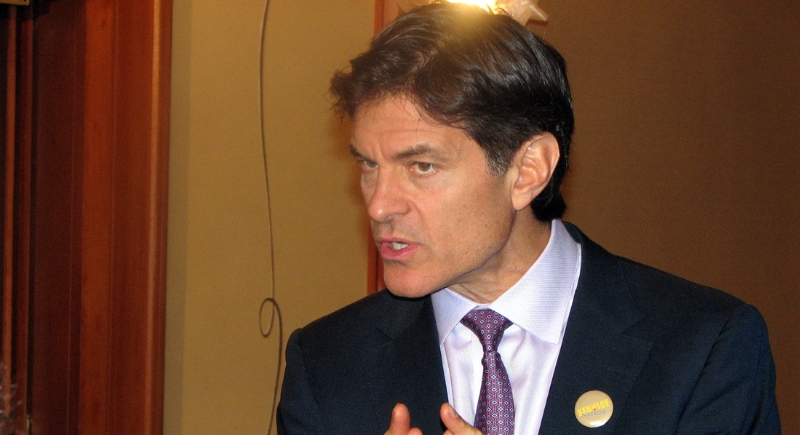
Credit: Wikimedia Commons
Dr. Oz turned daytime TV fame into political ambitions, though his Senate run in Pennsylvania ended in defeat. A former surgeon and professor, he’s faced backlash for promoting questionable health products. Trump appointed him to oversee Medicare and Medicaid. It’s a controversial pick, but controversy doesn’t seem to disqualify anyone in this cabinet.
Stephen Feinberg – $5 Billion – Deputy Secretary of Defense
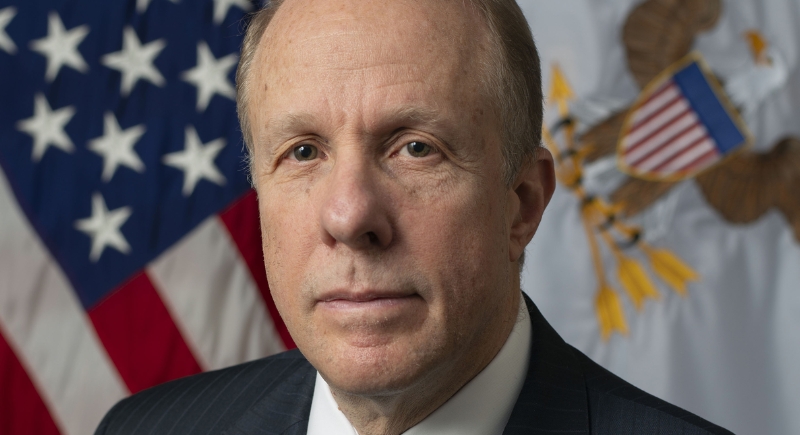
Credit: Wikimedia Commons
Feinberg co-founded Cerberus Capital Management, a private equity firm with a wide and sometimes controversial portfolio. Trump named him deputy defense secretary despite his limited public-sector experience. Past critics have pointed to conflicts of interest, but Trump reportedly values his loyalty and behind-the-scenes connections in defense circles.
Chris Wright – $171 Million – Energy Secretary
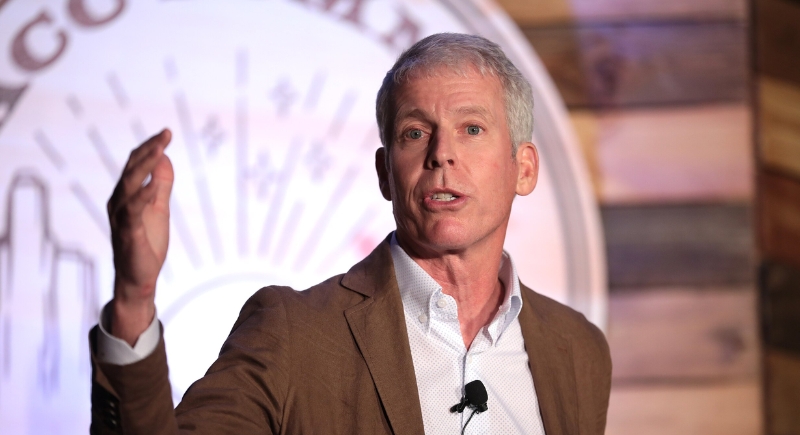
Credit: Wikimedia Commons
Trump tapped him to head the Department of Energy, aligning with Wright’s outspoken support for fossil fuel development. Chris Wright built his fortune leading Liberty Energy, a fracking-focused oil services company. He’s far from the billionaire class, but he’s still wealthy enough to stand apart from most Americans.
Marco Rubio – Est. $1 Million – Secretary of State

Credit: Wikimedia Commons
Rubio’s shift from senator to Secretary of State marks a big career pivot. That’s low compared to his cabinet peers, but still high for a career politician. Trump reportedly liked Rubio’s hawkish stance on China and Cuba—and the appointment reflects an effort to put political loyalty over foreign service credentials.